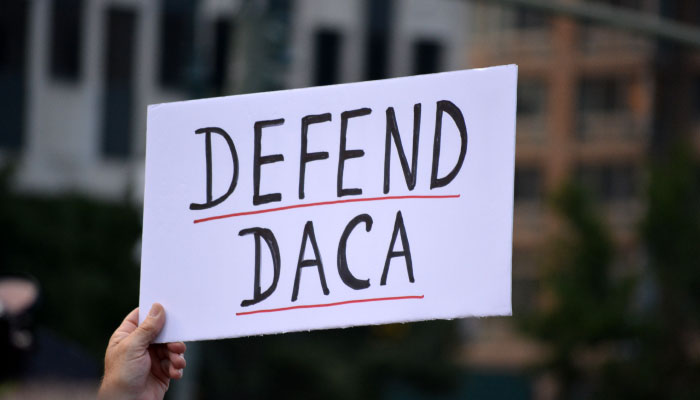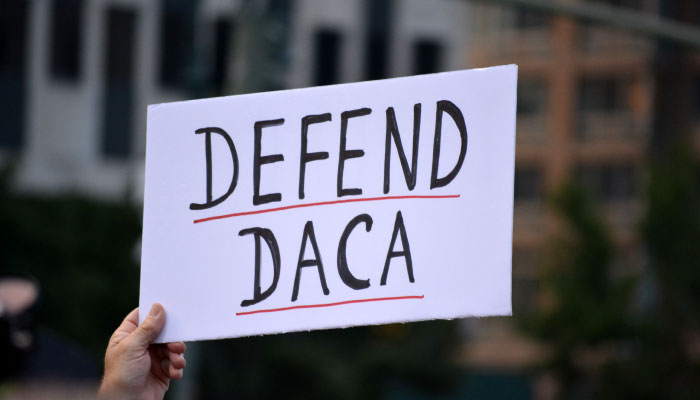In 2012, the Obama administration enacted the Deferred Action for Childhood Arrivals (DACA) program to protect undocumented immigrant youth from deportation and provide them education and work permits. A program that initially sparked quite a bit of controversy has met its demise with the Trump administration, and is coming to an end, as announced by Attorney General Jeff Sessions on September 5, 2017.
You’ve got your work cut out for you right now if you’re a college administrator, faculty, or staff, or if you work with international students and immigration issues. DACA program participants not only need to understand the DACA changes, but they will likely need help figuring out if they’re eligible for renewal, and then getting their paperwork together to process those renewals on time.
Winding Down
DACA has now stopped accepting new applications, and the program will be phased out. “Individuals who have not submitted an application by Sept. 5, for an initial request under DACA may no longer apply,” according to the Department of Homeland Security (DHS). In his announcement, Sessions cited separation of powers issues and said the program “deliberately sought to achieve what the legislative branch specifically refused to authorize on multiple occasions.”
According to DHS, “current DACA recipients will be permitted to retain both the period of deferred action and their employment authorization documents (EADs) until they expire, unless terminated or revoked.” Since DACA benefits run on a two-year renewal program, there are many students scrambling now to get their renewals in by the October 5, 2017 deadline.
Home-Not-So-Sweet-Home
DACA’s intent was to help undocumented students who, in many cases, were brought to the United States as small children. In the five years since DACA’s implementation, many of these children, known as “Dreamers,” are now young adults who have known no other home. The program has benefited undocumented college students who are attending – and thriving in – colleges throughout the United States and making significant and meaningful contributions to their institutions, peers and society.
The students participating in DACA are not the only beneficiaries of the protections it provides. Everyone benefits when these talented and capable students are allowed to continue their studies in the United States.
While the unfairness has been pointed out by many, now is the time to plan for how to help this vulnerable population. What can be done to advocate for students who are still participating in DACA? What can be done to pursue protections for undocumented students? What can be done to help protect the students who benefit from this program from the detrimental changes that will occur as the program is wound down over the next few years? These are meaningful questions to ask at a time like this.
Learn How You Can Help Your Students
To get a better understanding of all the issues and concerns related to DACA – as well as a roadmap for the future of the program and the students it serves – join student retention expert Dr. Aaron W. Hughey in an audio conference for AudioSolutionz, “Deferred Action for Childhood Arrivals (DACA) and the Trump Administration: What the Future Holds for the 800,000+ Students in the Program.” In this session, Aaron explores the issues and options associated with this often controversial but arguably essential program. He’ll also provide an up-to-the-minute update on where the students participating in DACA stand. The session also discusses the specific strategies to minimize the potential negative impact of the phasing out of the protections afforded students under DACA.




